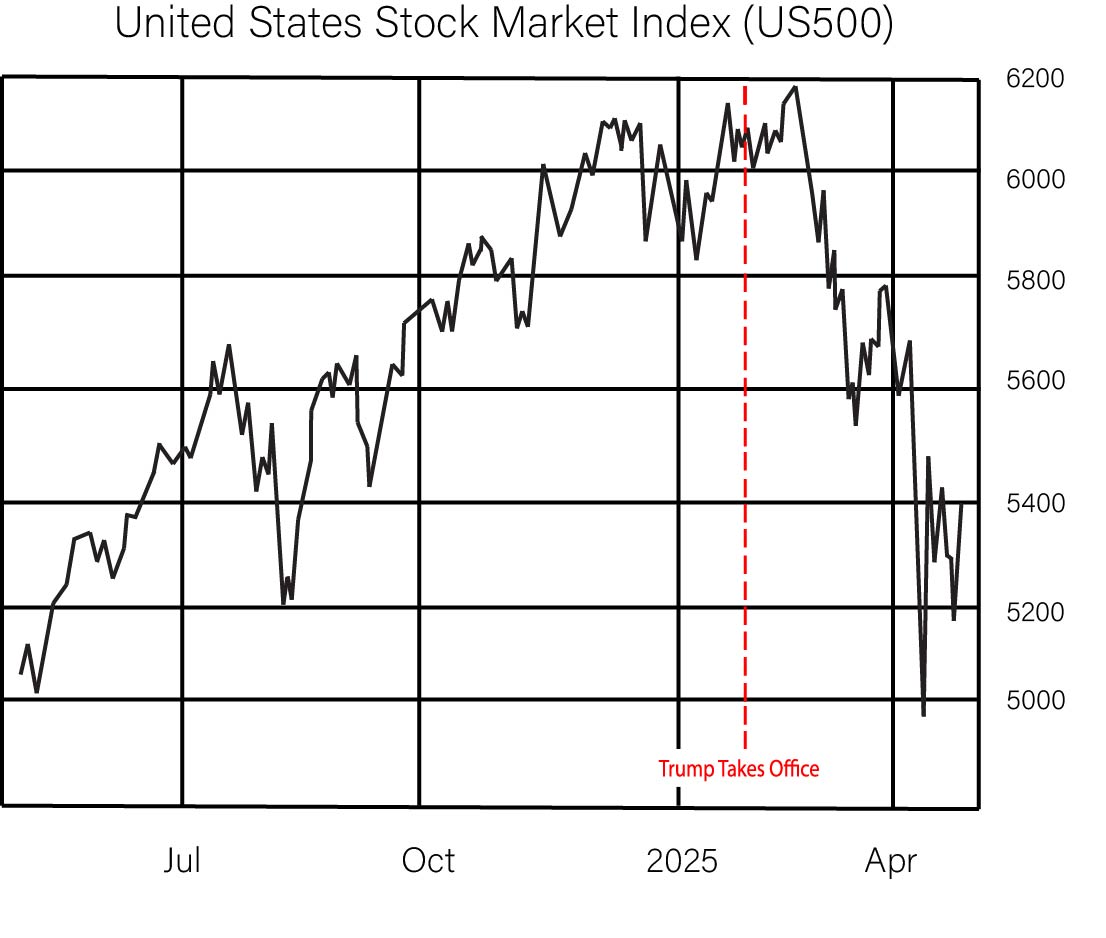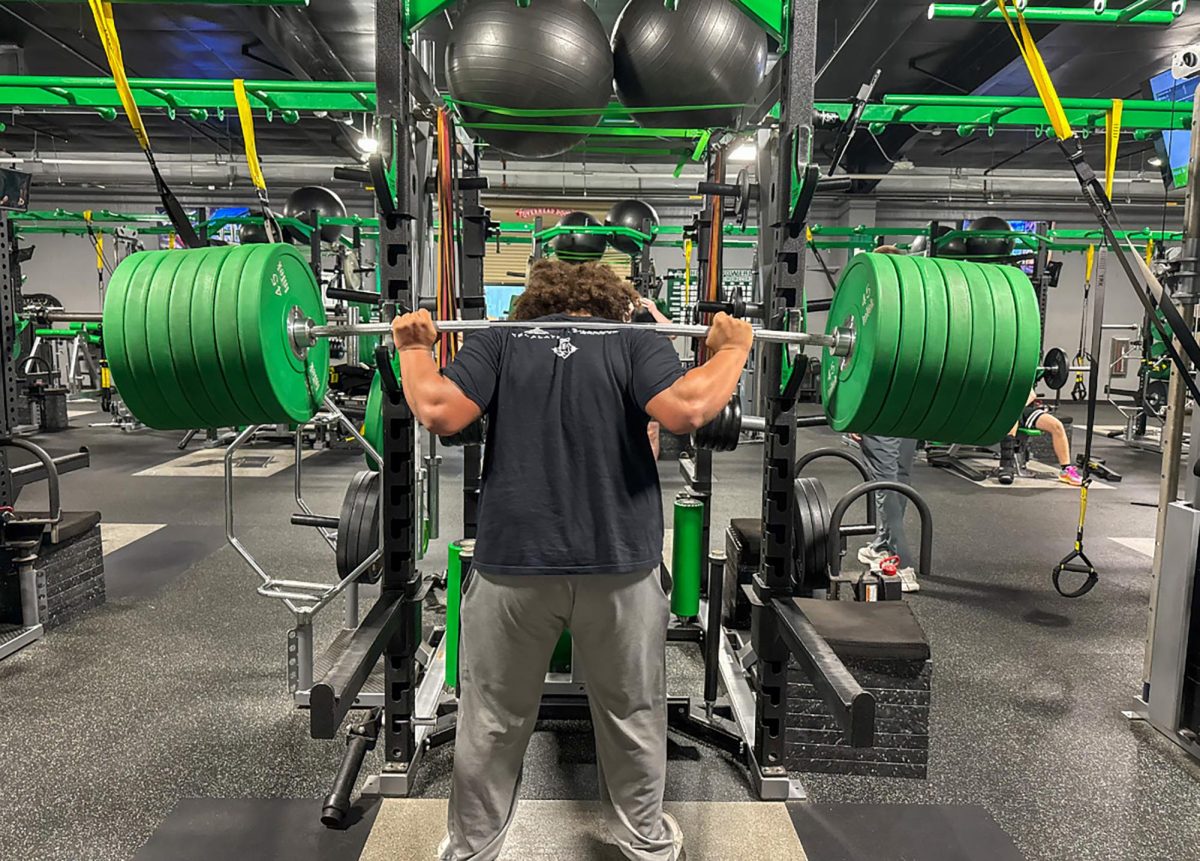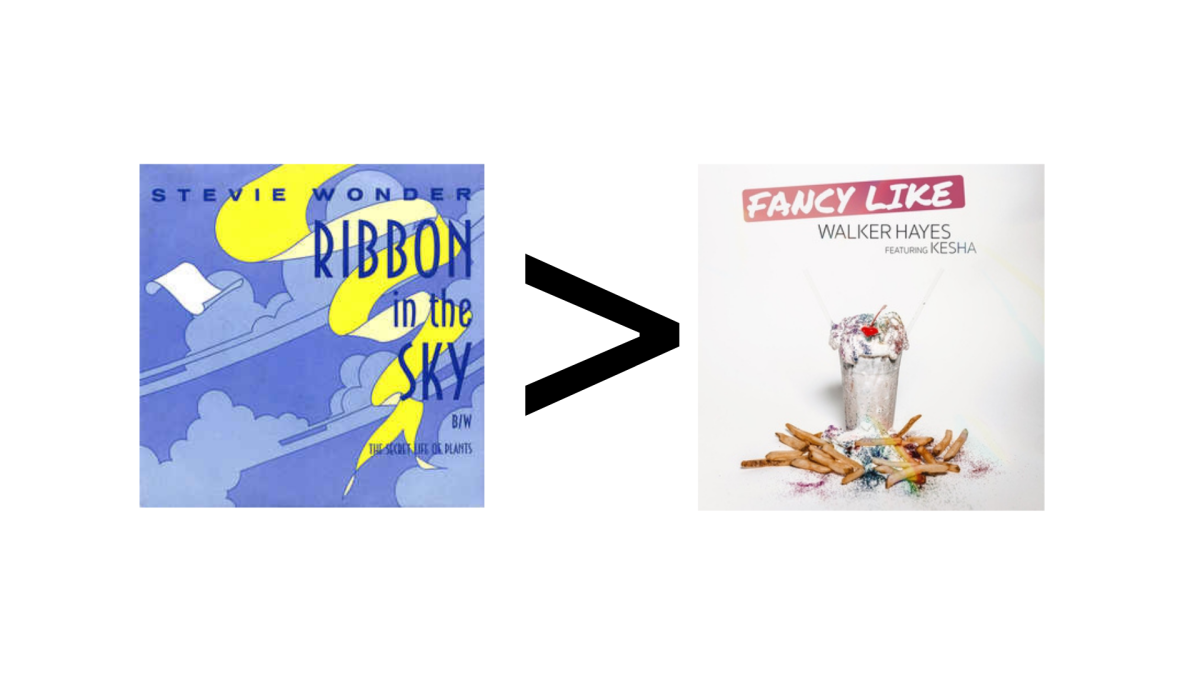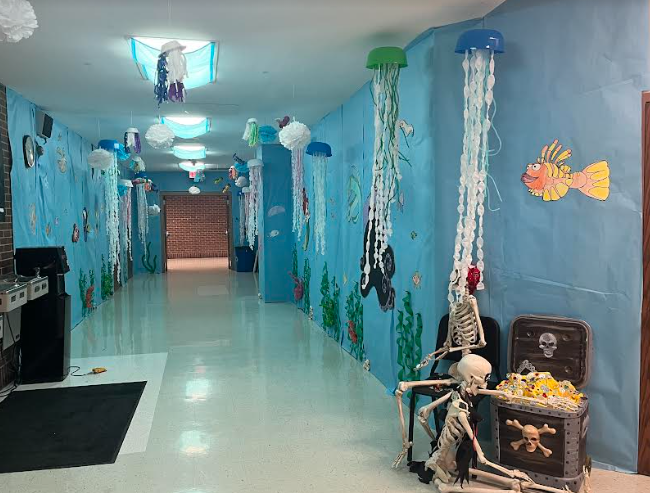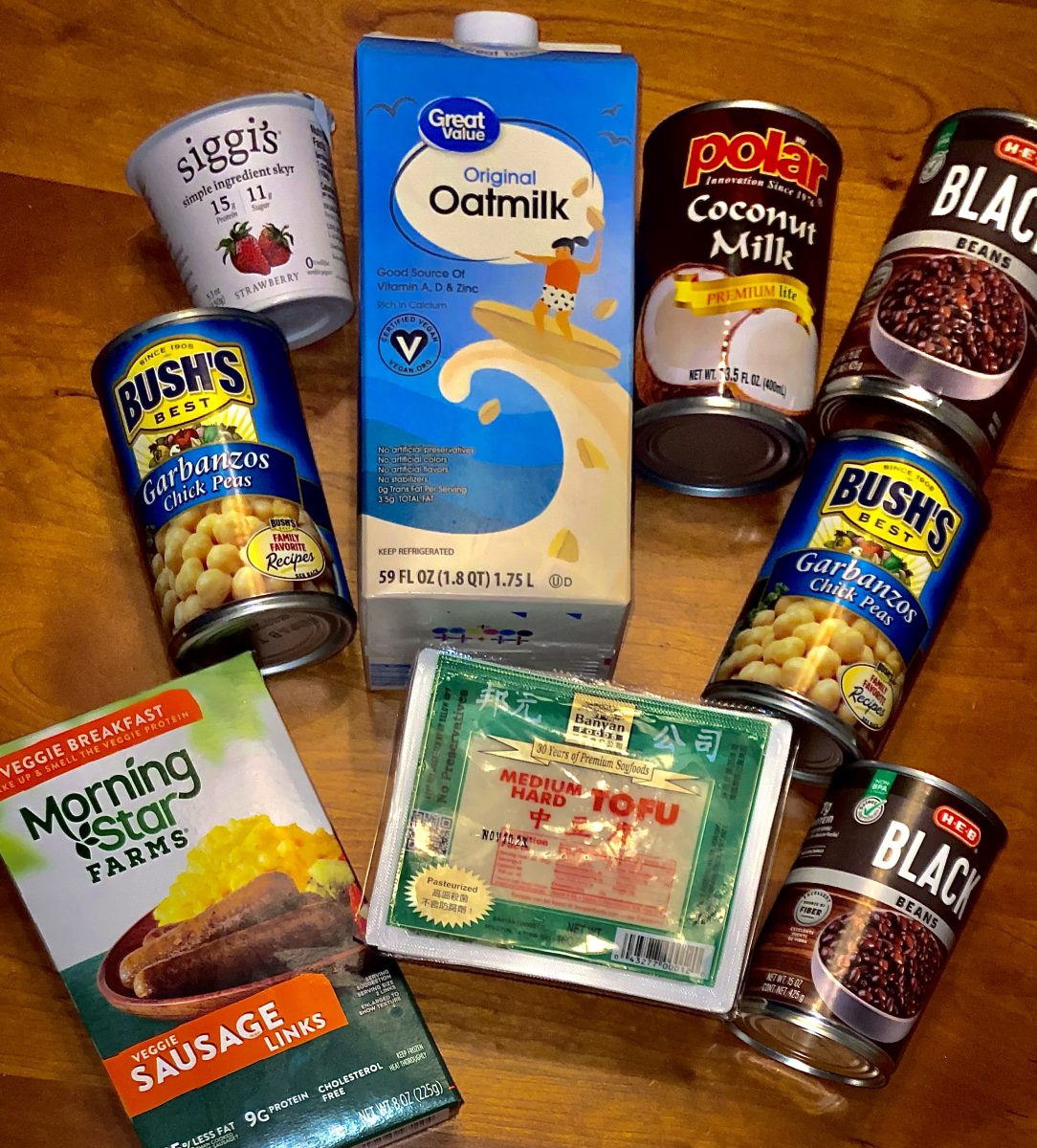The cafeteria does not consistently offer a vegetarian option. Meat may be a widespread source of protein, but it’s not the only one and it’s certainly not the most sustainable one.
Dietary needs differ among individuals for a plethora of reasons. Whether it’s because of values or personal reasons, meat is not eaten universally. And simply offering salads every day won’t suffice. Substitute proteins and vegetarian options need to be offered.
First, the cafeteria needs to offer vegetarian options to accommodate those who don’t eat varieties of meat for personal or religious reasons. Although it’s uncommon in our culture to come across people who don’t prioritize meat as a dietary staple, it’s every day for some of Azle’s exchange students and visitors. As a school that accepts all walks of life, we need to offer at least one meal a day for vegetarians. With the new expansion of the cafeteria, there’s enough space to create a line for plant-based meals.
Eating vegetarian is also healthier. Even meat-eaters benefit from eating plant-based meals. National Institute of Health nutritionist Dr. Susan Krebs-Smith says, “Most Americans don’t eat enough fruit, vegetables, legumes or whole grains” (News in Health). If some school lunches were vegetarian, they’d incorporate more of these beneficial food groups. “There’s a huge consensus that eating more of these foods would be a good idea for everyone,” Krebs-Smith continues. Students don’t have to be vegetarian to reap the benefits of the diet. To promote healthier lifestyles, schools need to offer plant-based meals.
Not only are plant-based meals good for students’ health, they are also more sustainable. In our culture, we include meat into almost every meal. This is detrimental to the environment as animal products are responsible for over 57% of carbon emissions in the food industry (The Guardian). Eating less meat would lessen one’s carbon footprint. According to the Physicians Committee for Responsible Medicine, incorporating more vegetarian meals can “lead to substantial reduction of greenhouse gas emissions” (PCRM). While going completely vegetarian is a drastic and challenging switch, eating more vegetarian meals will help mitigate climate change and carbon emissions.
To promote students’ health, acceptance, and sustainability, the cafeteria should alter one lunch line to always offer a vegetarian meal.

